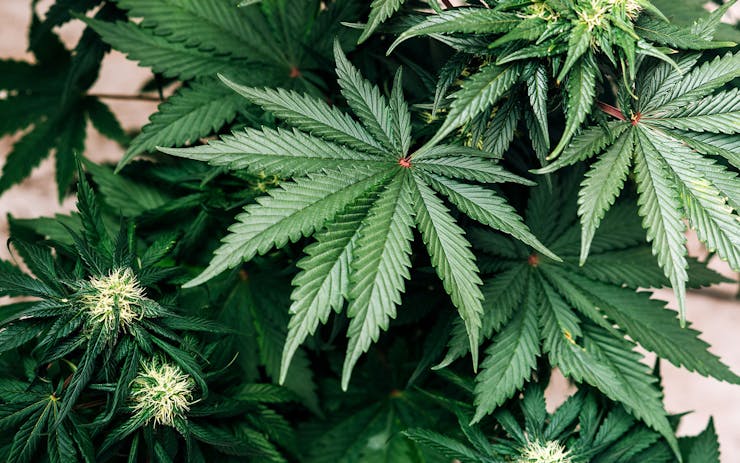Despite Washington’s status as a legalization pioneer, the state’s industry has long been lagging when it comes to diversity.
According to the Washington State Commission on African American Affairs, fewer than 1% of the state’s 556 recreational cannabis licenses in existence were issued to businesses owned by African Americans.
A bill passed by the state Legislature earlier this week is aiming to improve that situation and hopefully repair some of the damage done by the war on drugs. House Bill 2870, sponsored by Rep. Eric Pettigrew (D-Seattle), creates the state’s first
Marijuana Social Equity Program. It also will require the state’s Liquor and Cannabis Board to provide social equity applicants with exclusive access to a certain number of revoked cannabis retail licenses.
The passed measure now sits on Gov. Jay Inslee’s desk for signing.
The program’s specific guidelines have yet to be determined. The measure’s language focuses on benefitting “individuals who have been arrested or incarcerated due to drug laws, and those who have resided in areas of high poverty, suffer long-lasting adverse consequences, including impacts to employment, business ownership, housing, health, and long term financial well-being” as well as “family members, especially children, and communities of those who have been arrested or incarcerated due to drug laws.”
The new social equity licenses will cost $1,480, have an application fee of $250, and are projected to be available between December 1, 2020, and July 1, 2028.
Paula Sardinas, a commissioner with the Washington State Commission on African American Affairs, helped create and promote HB 2870, and she sees its passage as just the beginning. She wants to see significant changes to the state’s Liquor and Cannabis Board (LCB), the three-member panel, appointed by the governor, that oversees the state’s cannabis industry. “We believe we need an LCB that is more reflective of the community it serves,” she said. “It should also have a culture that mirrors the Department of Financial Institutions where education, compliance, and training are priorities along with enforcement.”
Beyond the Liquor and Cannabis Board, Sardinas, who has been a lobbyist and advocate for more than 25 years, has her sights on developing incubator programs for social equity license applicants, investment assistance, additional direct funding through greater technical assistance grants, increasing accessibility to banking and financial services, and better traceability testing.
It’s a substantial amount of work, but Sardinas insists that she’s up for the challenge, having also helped pass a bill in 2018 that provided financial institutions with immunity from state criminal prosecution for providing services to licensed marijuana companies.
“As the Queen of Cannabis Legislation—the only black lobbyist passing substantive bills on a state and federal level—I feel like I’m just getting started,” Sardinas said. “My goal is to visit all 49 legislative districts during the interim and ask the people one question: ‘What do you want us to do next?’”




